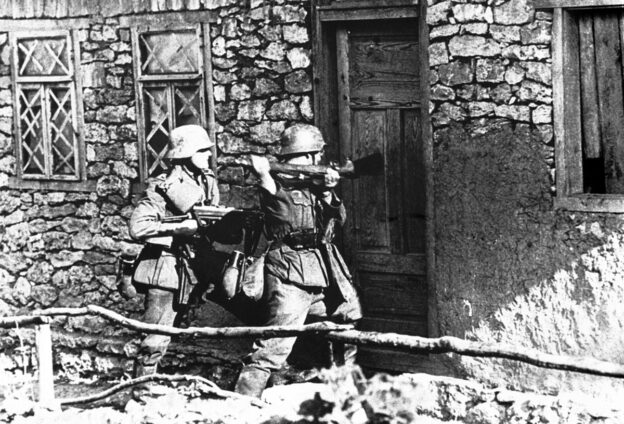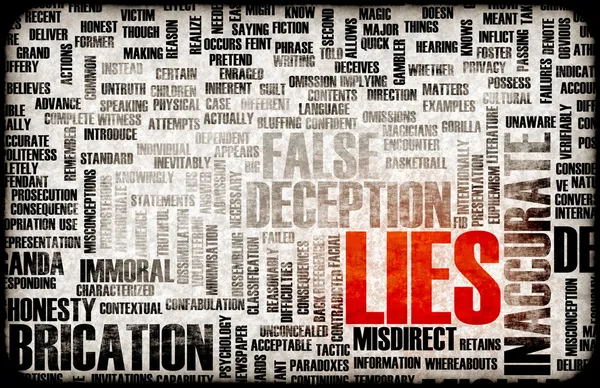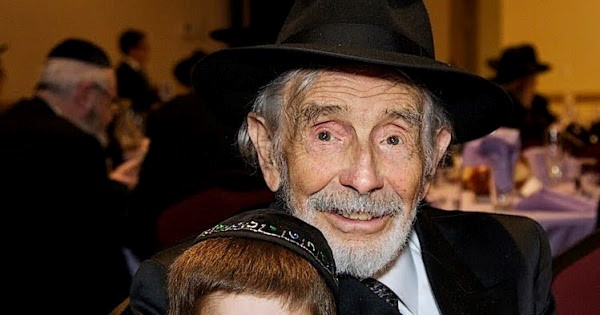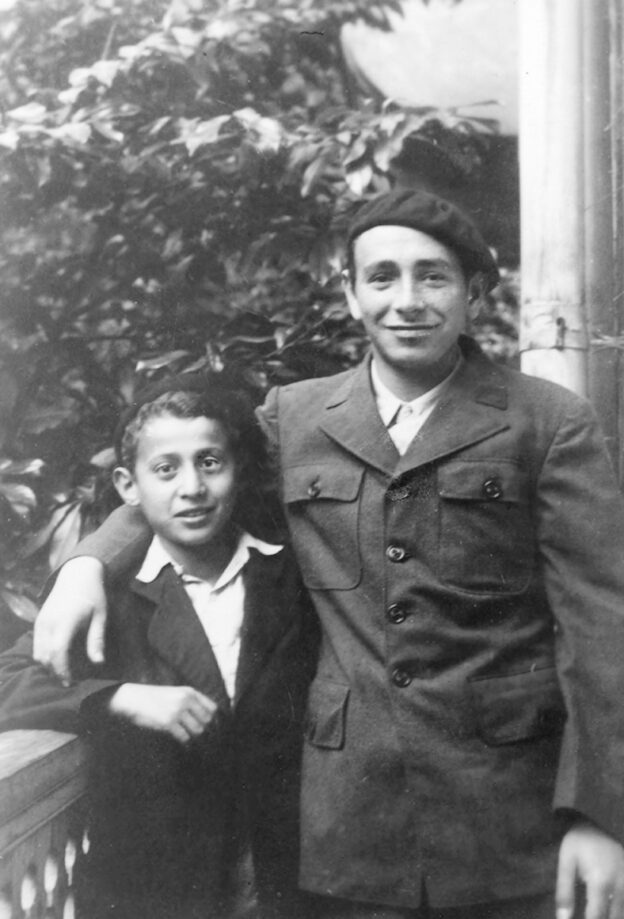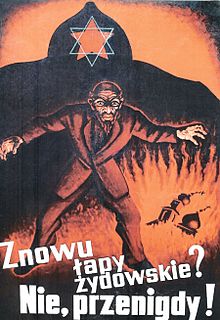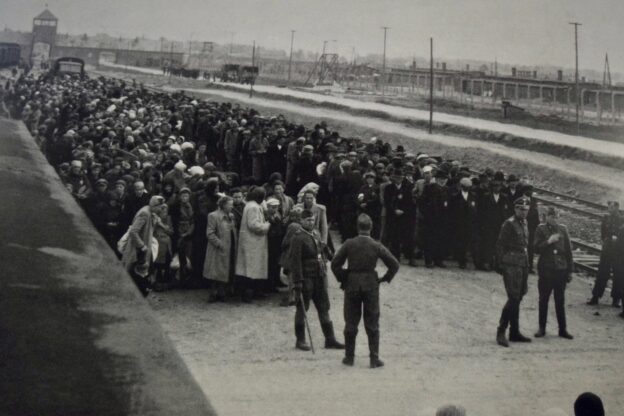Think you’re smart? Well, let’s see. Can you spot the pattern in these quotes from public servants and other personalities about the FBI raid on former President Donald Trump’s Mar-a-Lago Club and the seizing of government documents therefrom?
Here goes:
Florida Senator Rick Scott: “The way our federal government has gone, it’s like what we have thought about the Gestapo…”
Arizona Representative Paul Gosar: “I will support a complete dismantling and elimination of the Democrat brown shirts known as the FBI.”
Florida Congressional candidate Lavern Spicer: “Biden’s FBI is no better than Hitler’s Gestapo…”
California Representative Mike Garcia: “This is literally tyranny of a majority right now that is acting more like a Third Reich than they are the United States…”
Colorado Representative Lauren Boebert: “Gestapo [expletive deleted].”
Former deputy assistant to the former president Sebastian Gorka: “A hatchet job that is Gestapo Stasi tactics.”
Former Trump White House strategist Steve Bannon: “[The FBI], the jackbooted American Gestapo, essentially kicked down the doors at Mar-a-Lago.”
Newsmax TV host and columnist Benny Johnson: “We live under a morally repugnant Gestapo regime.”
Member of the former president’s legal team Rudy Giuliani: “Big stormtroopers coming in and breaking down his apartment and breaking down his office.”
You did it! Congratulations! (Well, Mr. Gorka at least added the communist “Stasi” to his Nazi reference.)
Whatever one might feel about the FBI raid on Mr. Trump’s club and residence, though, whether one feels it was a responsible and necessary enforcement of the law or an unwarranted persecution of a reviled enemy, one thing it wasn’t was the equivalent on any level of the Nazis’ brutal treatment and terrorization of Jews and others before and during the Second World War.
There can be no denying that Mr. Trump is deeply disliked by Democrats, or that he has been subject to an inordinate number of investigations, including two impeachments. And no denying that insinuations that he intended to sell state secrets to highest-bidder foreign entities are wild and pernicious speculations.
But no denying, either, that, after a judge weighed evidence and issued a search warrant, 33 boxes of documents belonging to the government, including some 100 highly classified ones, were found in the former president’s Florida home. Even after Mr. Trump’s lawyers claimed that all such material had been returned to the National Archives.
And no denying that no one tortured or beat Mr. Trump (at least not literally) and no one seized him and sent him to a concentration camp. And that Mar-a-Lago isn’t quite the Frank family secret annex.
As one social media commentator, Tim Byers, responding on Twitter to Ms. Spicer, put it: “Yep. Retrieving stolen classified documents is exactly like executing millions of Jews. Congratulations, you nailed the comparison.”
Invoking Nazi nomenclature isn’t even limited to supporters of the former president. The man who bested him in the 2020 election, President Biden, recently decried the “extreme MAGA philosophy” to a group of donors, and went on, gingerly but strikingly, to say: “It’s not just Trump. It’s the entire philosophy… It’s like semi-fascism.”
Okay, not all fascists are Nazis, and the Nazis weren’t exactly “semi” anything. But still.
There may actually be something positive to note – at least for the incurably starry-eyed among us – about all the Third Reich comparisons. Namely, that those seeking to utterly vilify their opponents, grasping for the very worst insult they can find, end up choosing Third Reich-flavored slurs.
But the bottom line, for the sake of history if nothing else, has to be that such overheated rhetoric insults the memory of those who suffered things immeasurably worse than a legally justified pursuit of evidence in the investigation of a crime – or a politically motivated attempt to harass a loathed enemy – whatever your preferred description.
With fewer human links than ever to the events of 1933-1945 in Europe and increasing attempts by true enemies of truth to deny essential facts about those years, it is especially urgent these days to not cheapen words and phrases like “Gestapo,” “storm troopers” and “fascism.”
Because they all have meanings, all-too-real ones.
